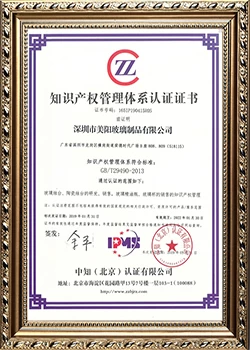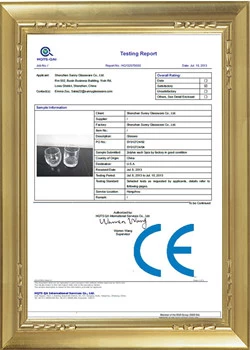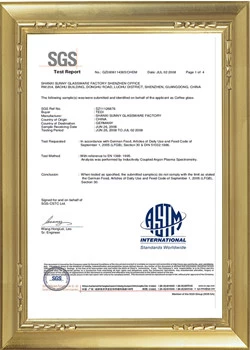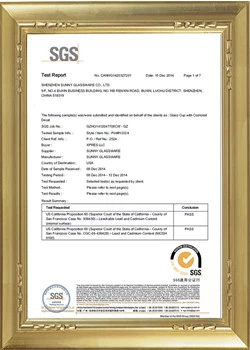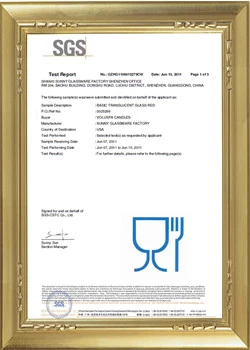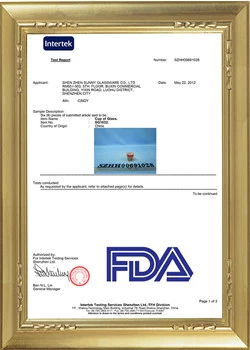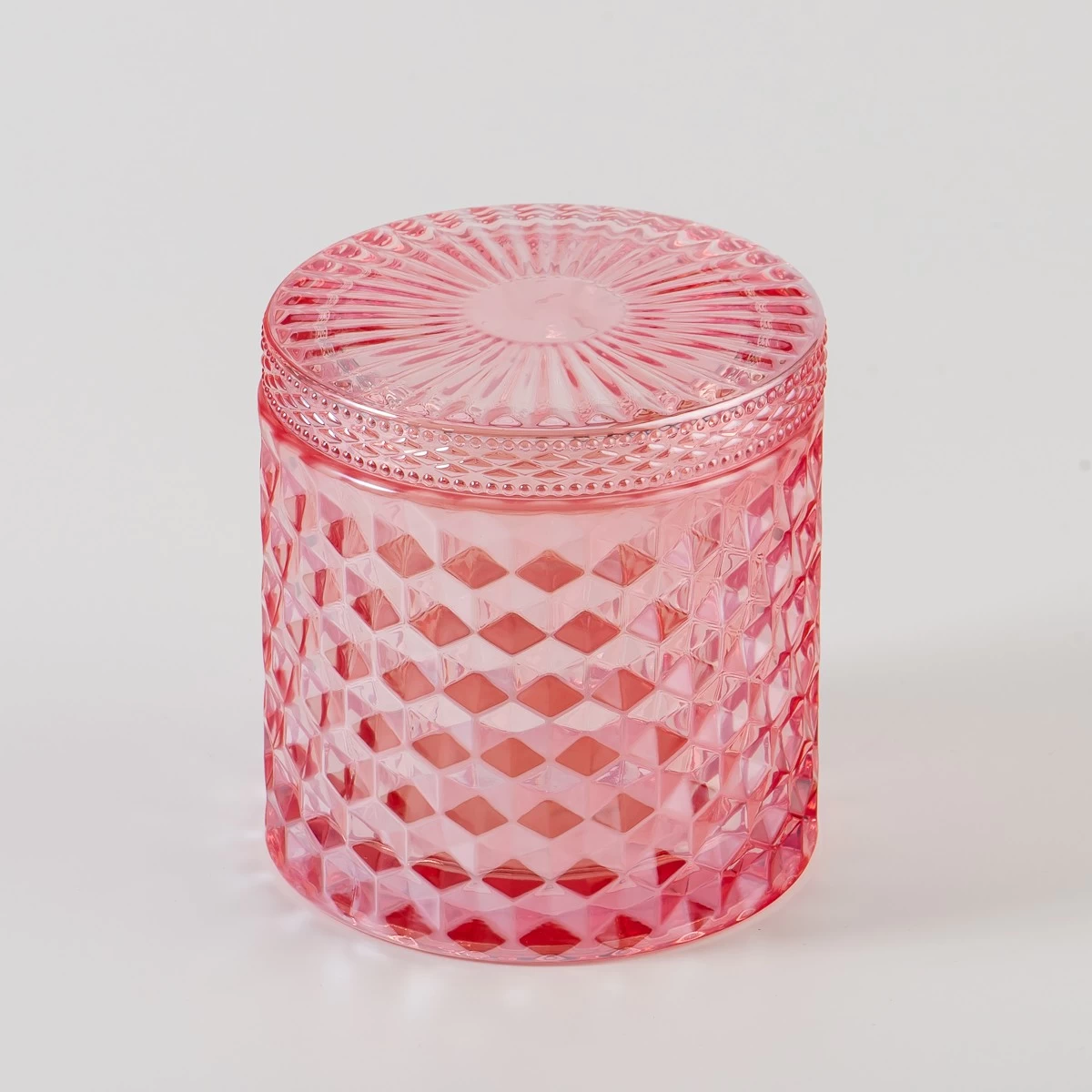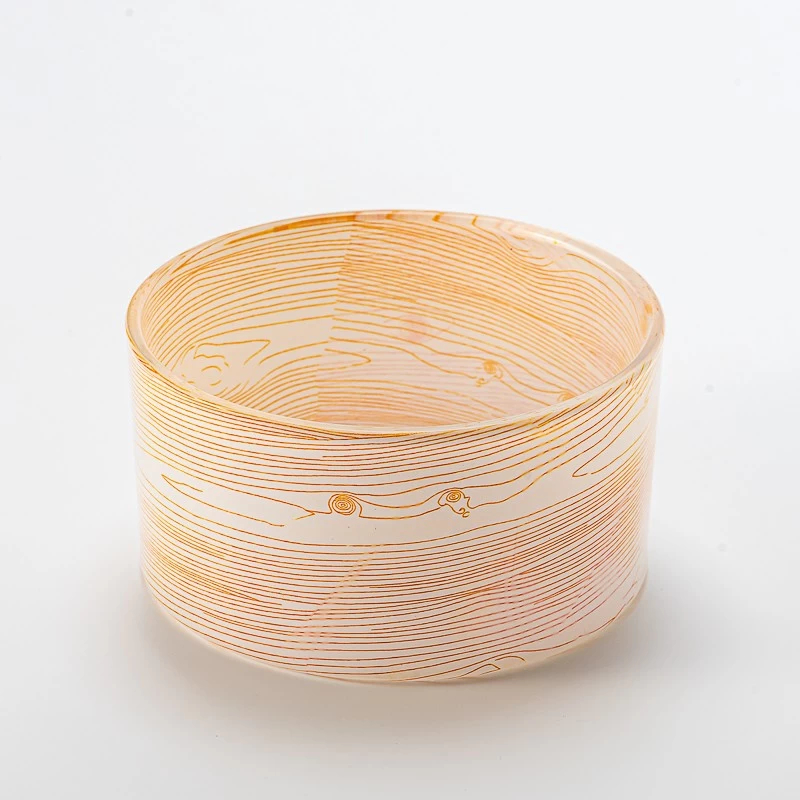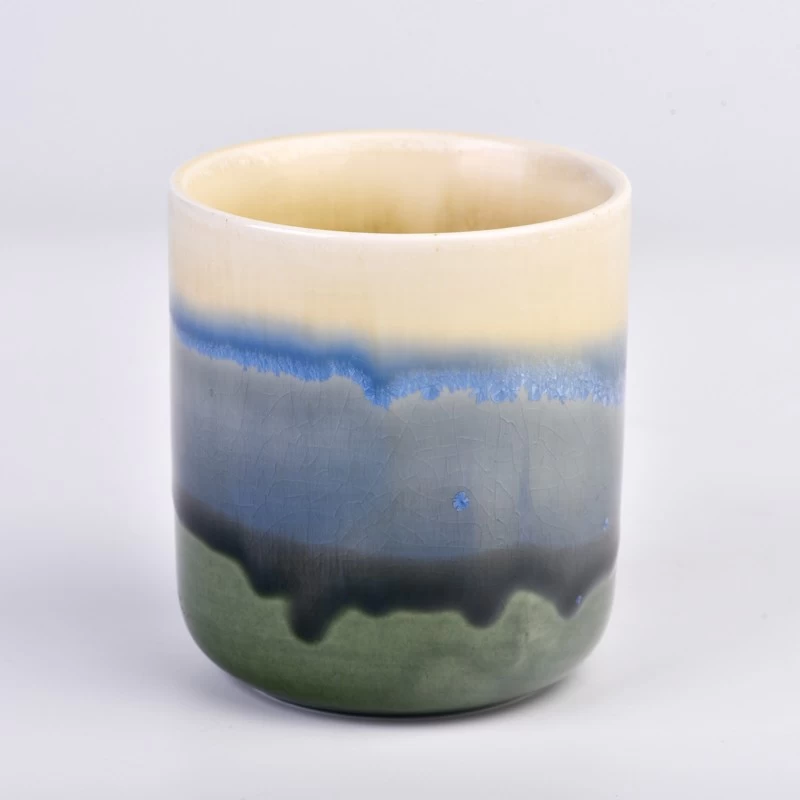movie comments of "Farewell My Concubine"
The main focus of this sweeping epic is Douzi, a delicate young boy who is dropped by his mother, a prostitute,
into the hands of Master Guan (Lu Qi), the head of the Peking Opera in 1925. And the early scenes, in which this
shy, stubborn lad is introduced to the torturous discipline and physical training that all students of the opera
must endure, have the bustle and textured squalor of the orphanage scenes in Dickens.
And Douzi's dream comes true. He makes it to the top and, even better, so does his best friend, Shitou, who was
the only one to stand up for Douzi when he arrived. By now Douzi and Shitou have changed their names to Cheng
Dieyi (Leslie Cheung) and Duan Xiaolou (Zhang Fengyi) and are known throughout the provinces. Because of
The director carries us through this early history with impressive sensitivity; he has a beautiful, graceful
touch, both with the camera and with his actors. Chen Kaige details the relations between these two children
grown into men with exquisite delicacy, revealing that Cheng has fallen madly in love with Duan, who, while he
loves his friend, is susceptible to other charms. It is only when this partnership is threatened -- by Duan's
relationship with a former prostitute named Juxian (Gong Li) -- that we begin to understand what a velvet coffin
their lives and careers have become. The line between their art and their lives is smudged, and so they play
their roles, both onstage and off, without deviation or variation.
This is the film's fundamental point. And to convey it the director draws parallels between theater and history,
between the perpetual order of art and the chaos of real life. Duan and Cheng represent this order, and yet
according to the politics of the time, their relationship is a distortion of natural law and must not be allowed
to stand.















